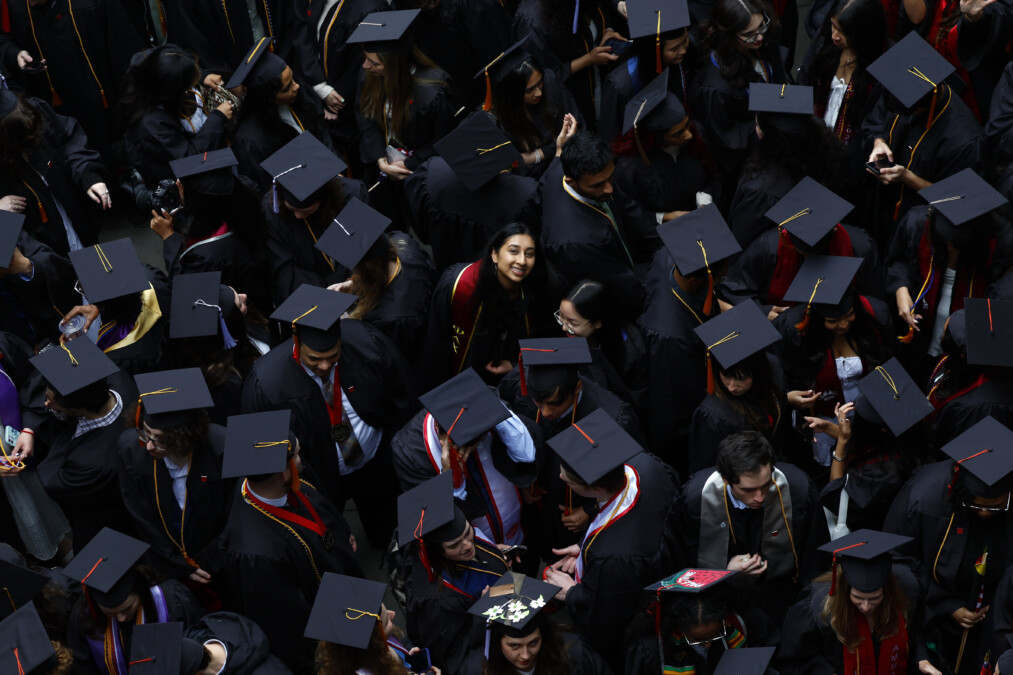US cancels 6,000 ‘foreign’ student visas over national security concerns

The United States of America has revoked over 6,000 visas belonging to international students, citing violations of U.S. law, overstays, and national security concerns.
According to officials, the majority of the cancellations were linked to serious offenses, including assault, burglary, driving under the influence (DUI), and what was described as “support for terrorism.”
While the department did not specify the nature of the terrorism-related cases, critics note that the Trump administration has previously targeted students who took part in pro-Palestinian protests, accusing some of expressing antisemitic views.
Of the total revocations, roughly 4,000 were connected to criminal conduct. Another 200 to 300 were tied to terrorism under Section 3B of the Immigration and Nationality Act, which defines terrorist activity as acts that endanger human life or violate federal law.
The move reflects the administration’s continued tightening of immigration policy. Earlier this year, visa appointments for international students were temporarily suspended.
When scheduling resumed in June, applicants were instructed to make their social media accounts public for enhanced screening. Officials said they would review accounts for signs of hostility toward U.S. citizens, culture, government, and institutions, as well as for links to extremist groups or antisemitic activity.
Secretary of State Marco Rubio told lawmakers in May that “thousands” of student visas had already been rescinded since the start of the year. “We’re going to continue to revoke the visas of people who are here as guests and are disrupting our higher education facilities,” Rubio said.
Democrats have warned against the new development, saying that the mass cancellations undermine due process.
Despite the revocations, international students remain a major part of U.S. higher education. More than 1.1 million students from over 210 countries were enrolled in American colleges and universities during the 2023–2024 academic year, according to data from Open Doors, an organization that tracks foreign student enrollment.

 MoH postpones Nursing & Midwifery licensing exams to September 4
MoH postpones Nursing & Midwifery licensing exams to September 4  Ghanaian striker Felix Afena-Gyan joins Turkish club Amedspor on loan
Ghanaian striker Felix Afena-Gyan joins Turkish club Amedspor on loan  Akandoh explains handshake with alleged assault suspect at Ridge Hospital
Akandoh explains handshake with alleged assault suspect at Ridge Hospital  NDC announces guidelines for the Tamale central by-election primaries
NDC announces guidelines for the Tamale central by-election primaries